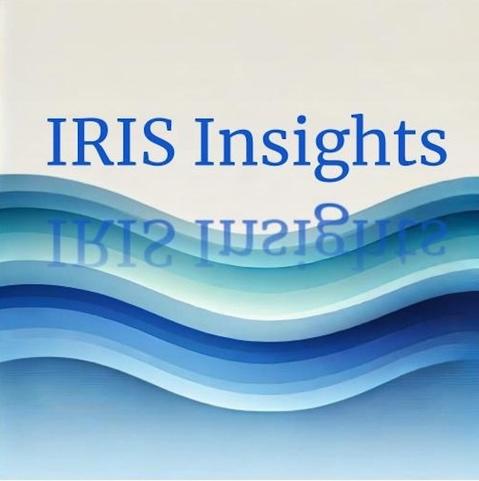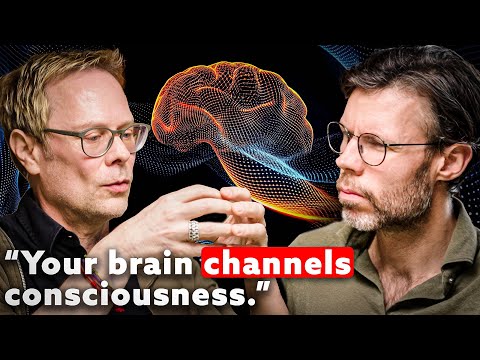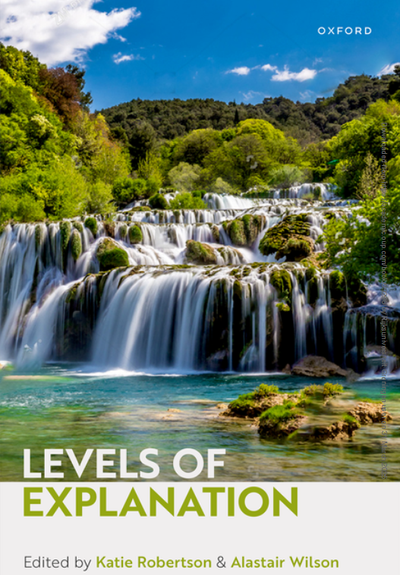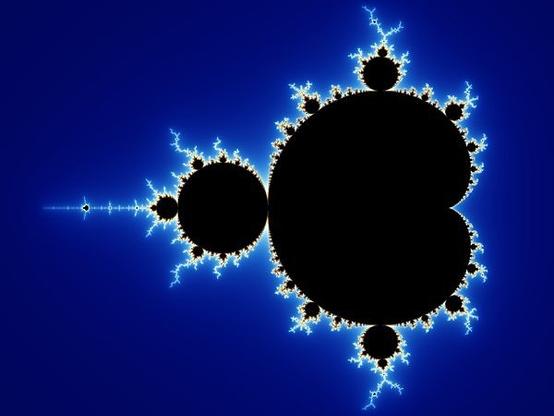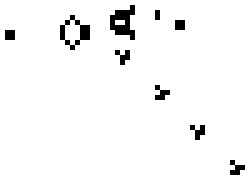Avoiding the structural gaps
A long standing debate in quantum physics is whether the wave function is real. A quick reminder: quantum entities appear to move like waves, including portions interfering with each other. These waves are modeled with the wave function. But once measured, quantum objects manifest as localized points or field excitations. The wave function can’t predict the measurement outcome, only probabilities on what the result will be.
A popular move here is to decide the wave function isn’t real, that it’s just a mathematical contrivance. Doing so seems to sidestep a lot of uncomfortable implications. But it leaves us trying to explain the statistical outcomes of measurements that show patterns from portions of the wave interfering with itself. Those effects, along with entanglement, are heavily used in quantum computing. If the wave function isn’t modeling something real, then it’s usefulness in technology starts to look like a magic incantation.
Of course, accepting wave function realism leaves us with something that seems to operate in a higher dimensional “configuration space.” And we end up having to choose between unsettling options, like an objective wave function collapse on measurement, a pilot wave guiding the particle in a non-local manner, or just accepting pure wave mechanics despite its implications.
Valia Allori has an article at IAI arguing against quantum wave function realism. (Warning: you might hit a paywall.) The main thrust of her argument, as I understand it, is that we shouldn’t allow ourselves to be lured farther away from the manifest image of the world (the world as it intuitively appears to us) when there are viable alternatives.
Her argument is in opposition to Alyssa Ney’s argument for wave function realism, which touts as one of the benefits that it reclaims locality. Allori argues that this is aiming to satisfy an intuition we develop in three dimensional space, that there aren’t non-local effects, “spooky actions at a distance”. But wave function realism only preserves locality across configuration space, which Allori views as a pyrrhic victory.
Overall, Allori seems to view this as a conflict between two different sets of intuitions. On one side, we have views that are closer to the overall manifest image of reality, one with three dimensions, but at the cost of non-local phenomena. She doesn’t view this as ideal, but deems it preferable to the idea of a universal wave function existing in near infinite dimensions. In her view, embracing theories too far away from the manifest image puts us on the path that leads to runaway skepticism, where nothing we perceive can be trusted.
But I think looking at this in terms of intuitions is a mistake. When it comes to models of reality, our intuitions have historically never been particularly useful. Instead they’ve often led us astray, causing us to insist the earth was the center of the universe, humans were separate from nature, or that time and space were absolute, all ideas that had to be abandoned in the face of empirical realities. The reason to prefer locality isn’t merely to privilege one intuition over others, but to prefer theories that provide a structurally complete accounting.
A while back I described this as a preference for causally complete theories. But causation is a relation across time that is made asymmetrical by the second law of thermodynamics, that entropy always increases. The more fundamental reality are the structural relations. A theory which can account for all (or at least more of) those relations should, I think, be preferred to theories that have larger gaps in their accounting.
By that standard, I perceive wave function antirealism to have huge gaps, gaps which proponents of the idea seem comfortable with, but I suspect only because, as Allori does, they deem it a lesser evil than the alternative. Of course, objective collapse and pilot-wave theories also have gaps, but they seem smaller, albeit still weaknesses that I think should make them less viable.
Pure wave mechanics seems like the option with the fewest gaps. Many would argue that accounting for probabilities remains a crucial gap, but that seems like more of philosophical issue than a scientific one, how best to talk about what probabilities mean. In many ways, it highlights issues that already exist in the philosophy of probability.
Overall then, my take is that the goal isn’t to preserve the manifest image of reality, but to account for it in our scientific image. Preferring theories that are closer to the manifest image just because they are closer, particularly when the theories have larger gaps than the alternatives, seems to amount to what is often called “the incredulous stare”, simply rejecting an proposition because it doesn’t comport with our preexisting biases.
But maybe I’m overlooking something? Are there reasons to prefer theories closer to the manifest image? Is there a danger in excessive skepticism as Allori worries? Or is preferring a more complete accounting itself still privileging certain intuitions over others?
#InterpretationsOfQuantumMechanics #ManyWorldInterpretation #Philosophy #PhilosophyOfScience #QuantumMechanics #Science
